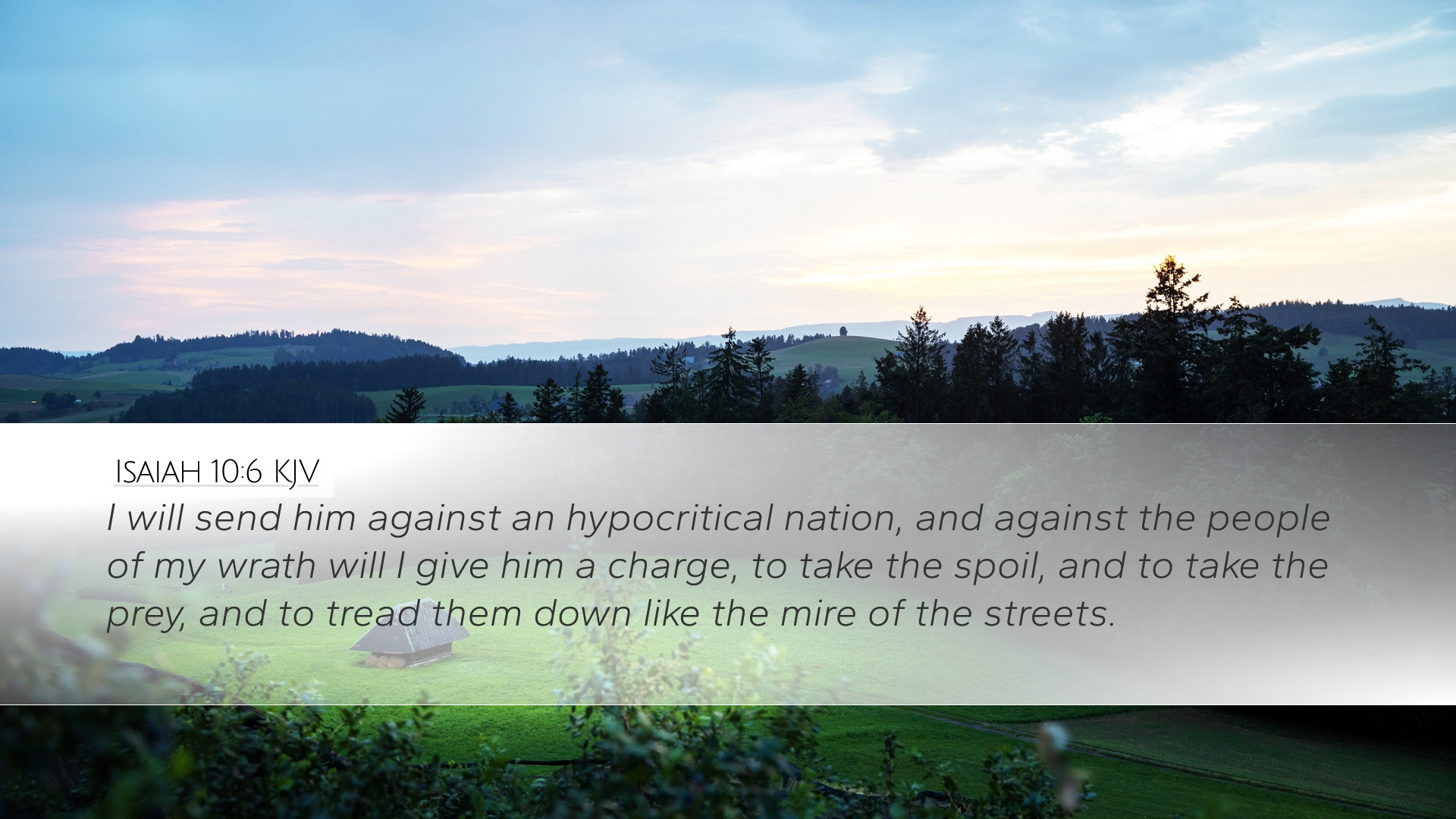Old Testament
Genesis Exodus Leviticus Numbers Deuteronomy Joshua Judges Ruth 1 Samuel 2 Samuel 1 Kings 2 Kings 1 Chronicles 2 Chronicles Ezra Nehemiah Esther Job Psalms Proverbs Ecclesiastes Song of Solomon Isaiah Jeremiah Lamentations Ezekiel Daniel Hosea Joel Amos Obadiah Jonah Micah Nahum Habakkuk Zephaniah Haggai Zechariah MalachiChapter
Isaiah 1 Isaiah 2 Isaiah 3 Isaiah 4 Isaiah 5 Isaiah 6 Isaiah 7 Isaiah 8 Isaiah 9 Isaiah 10 Isaiah 11 Isaiah 12 Isaiah 13 Isaiah 14 Isaiah 15 Isaiah 16 Isaiah 17 Isaiah 18 Isaiah 19 Isaiah 20 Isaiah 21 Isaiah 22 Isaiah 23 Isaiah 24 Isaiah 25 Isaiah 26 Isaiah 27 Isaiah 28 Isaiah 29 Isaiah 30 Isaiah 31 Isaiah 32 Isaiah 33 Isaiah 34 Isaiah 35 Isaiah 36 Isaiah 37 Isaiah 38 Isaiah 39 Isaiah 40 Isaiah 41 Isaiah 42 Isaiah 43 Isaiah 44 Isaiah 45 Isaiah 46 Isaiah 47 Isaiah 48 Isaiah 49 Isaiah 50 Isaiah 51 Isaiah 52 Isaiah 53 Isaiah 54 Isaiah 55 Isaiah 56 Isaiah 57 Isaiah 58 Isaiah 59 Isaiah 60 Isaiah 61 Isaiah 62 Isaiah 63 Isaiah 64 Isaiah 65 Isaiah 66Verse
Isaiah 10:1 Isaiah 10:2 Isaiah 10:3 Isaiah 10:4 Isaiah 10:5 Isaiah 10:6 Isaiah 10:7 Isaiah 10:8 Isaiah 10:9 Isaiah 10:10 Isaiah 10:11 Isaiah 10:12 Isaiah 10:13 Isaiah 10:14 Isaiah 10:15 Isaiah 10:16 Isaiah 10:17 Isaiah 10:18 Isaiah 10:19 Isaiah 10:20 Isaiah 10:21 Isaiah 10:22 Isaiah 10:23 Isaiah 10:24 Isaiah 10:25 Isaiah 10:26 Isaiah 10:27 Isaiah 10:28 Isaiah 10:29 Isaiah 10:30 Isaiah 10:31 Isaiah 10:32 Isaiah 10:33 Isaiah 10:34

